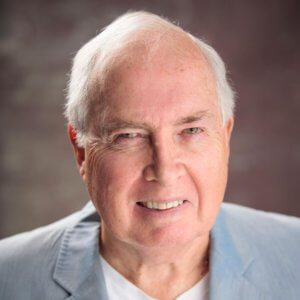To get powerful, lasting and fairly rapid results in therapy, it is essential that the methods employed reach and affect the unconscious mind. The unconscious houses the emotions, imagination, memory, habits, intuition, and is the pathway to the superconscious. It also regulates our autonomic body functions. It is the very core or essence of how we experience ourselves and the world. Meaningful personal transformation, whether in or out of therapy, results from a shift in the unconscious mind.
Through hypnosis, we have access to the unconscious. In fact, during waking states, the only way to reach and change major set beliefs and emotional responses of the unconscious mind is during experiences that are hypnotic. Hypnosis is an altered state beyond ordinary consciousness, but a natural state that can occur spontaneously. In addition, there are many ways hypnosis can be induced and deepened. Once in hypnosis during therapy, there is a vast range of therapeutic possibilities to harness and transform the unconscious. Hypnotherapists are taught to use a variety of methods to bring a person into a state of hypnosis, deepen and lighten the state, direct various processes and return the subject back to normal awareness.
Eclectic training in the uses of hypnotherapy can substantially enhance the skills of any health, counseling or teaching professional. Examples include psychologists, physicians, dentists, chiropractors, social workers, marriage counselors, physical therapists, optometrists, ministerial professionals, nurses, massage practitioners, coaches and electrologists.
Hypnosis, while often unrecognized as such, weaves a common thread through the healing arts and sciences. Effective therapists often use hypnotic methods whether they use or understand that semantic or not. As understanding of the field spreads, the deliberate use of hypnotic processes is currently making a major impact in the health professions and truly revolutionizing the field of counseling. While it won’t work for everything or for everybody all the time, it is often a powerful therapy that is as much an art as a science.
Within the field of hypnotherapy, there are a great variety of ways to harness the power of the unconscious mind to affect change. Hypnosis is used in areas such as chronic and acute pain control, to change the pain threshold or affect the psychological associations of pain. It can be effective to improve confidence, concentration, recall, motivation, achievement, focus, health and stress management.
Hypnosis can help overcome addictions, habits, eating disorders, insomnia, fears, phobias, and negative thought, emotional and behavior patterns. It can also tap people into the utilization of their full potential in endeavors like work, sports, art or creative expression.


